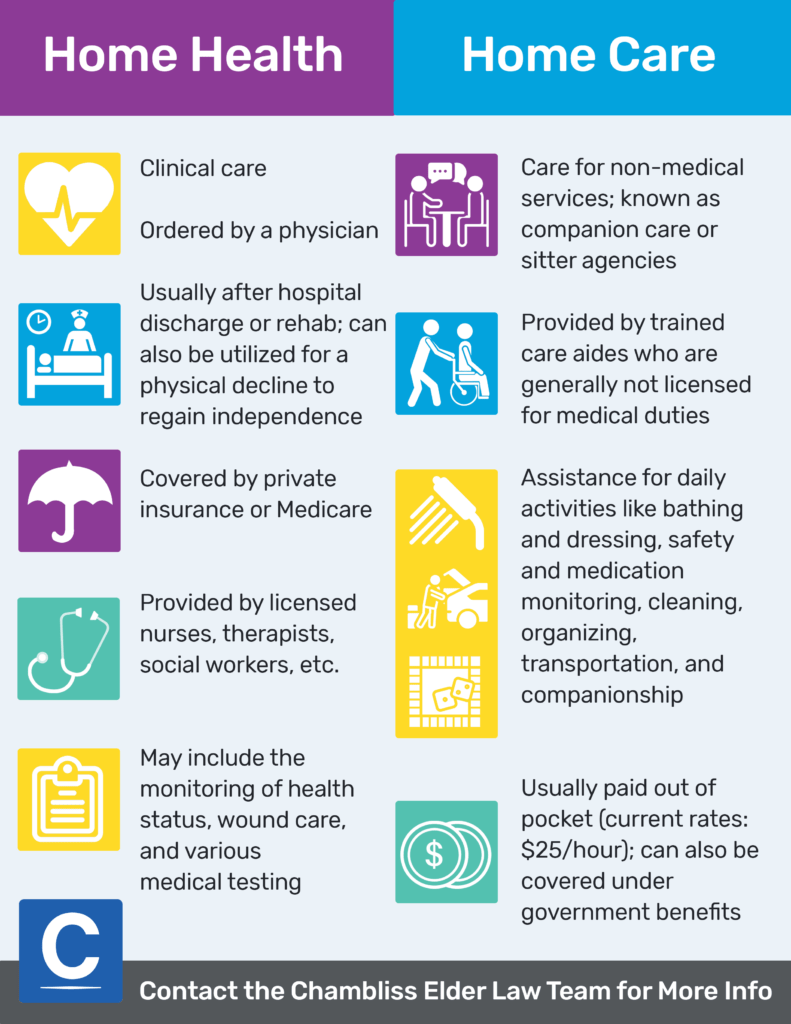Everything About Home Treatment Solutions for Individuals With Disabilities: NDIS Registered Support
Home treatment services under the NDIS play a crucial duty in sustaining individuals with disabilities. These solutions are designed to improve day-to-day living through customized assistance, ranging from individual like wheelchair support. Comprehending just how to navigate these choices can be intricate. This summary discovers the various elements of NDIS home treatment, from offered solutions to the selection of service providers, highlighting crucial considerations for those looking for support. The journey towards encouraged treatment starts here.
Comprehending the NDIS and Its Objective
The National Disability Insurance Coverage System (NDIS) acts as a transformative structure designed to supply assistance and services for individuals with specials needs. Developed to improve the lifestyle and guarantee equitable accessibility to necessary sources, the NDIS empowers participants by providing personalized strategies customized to their special demands. It intends to cultivate freedom, making it possible for individuals to pursue their personal goals and aspirations.Through an organized approach, the NDIS allocates funding for various supports, consisting of education and learning, work help, and neighborhood participation. This comprehensive plan not only concentrates on immediate care yet also stresses lasting developmental outcomes. By promoting selection and control, the NDIS urges individuals to choose their preferred provider, assuring that treatment aligns with their preferences and worths. Eventually, the NDIS represents a considerable commitment to improving the lives of people with disabilities, cultivating inclusivity, and constructing a much more supportive culture.
Kinds of Home Care Provider Available
Different kinds of home care solutions cater to individuals with specials needs, mostly concentrating on individual care support and break treatment choices. Individual care aid supplies vital support with everyday activities, while reprieve care uses short-term alleviation for primary caretakers. Comprehending these solutions is important for guaranteeing the health of both individuals with disabilities and their family members.
Personal Care Help
While navigating day-to-day live can provide obstacles for individuals with impairments, personal care support supplies necessary assistance tailored to their special demands. This type of home treatment solution encompasses a variety of tasks designed to promote self-reliance and boost high quality of life. Individual care aides assist with everyday tasks such as bathing, clothing, brushing, and toileting, making certain individuals maintain personal health and convenience. They may likewise assist with dish preparation, medication administration, and flexibility assistance. By providing customized care, these experts equip people to involve even more completely in their day-to-day regimens and social tasks. Overall, personal care assistance plays a substantial duty in cultivating self-respect and freedom for those with impairments, enabling them to flourish in their home atmosphere.

Break Care Options
Reprieve care acts as an essential source for households and caregivers of individuals with specials needs, offering temporary remedy for the needs of day-to-day caregiving. This kind of service can take various kinds, including at home respite treatment, where qualified experts go to the home to aid with treatment tasks. Families might opt for facility-based reprieve care, where people receive treatment in a specialized setting, allowing caretakers to take a break. Furthermore, some companies use emergency respite services for unpredicted situations. These options not only aid alleviate caregiver tension yet also advertise the health of individuals with specials needs by offering them new experiences and social communication. Overall, break care plays a critical role in supporting both caregivers and those they care for.

Exactly How to Accessibility NDIS Home Treatment Providers
Accessing NDIS home treatment solutions includes recognizing the qualification standards stated by the National Disability Insurance Scheme. Individuals should navigate a structured application process to secure the needed support tailored to their requirements. This section will clarify both the eligibility requirements and the actions associated with obtaining solutions.
Eligibility Requirements Described
To get NDIS home treatment services, people need to meet specific qualification requirements that evaluate their conditions and demands. Candidates have to be aged between 7 and 65 years and have a considerable and permanent impairment that affects their capability to carry out everyday activities. Additionally, they should be an Australian citizen, a permanent citizen, or hold a Protected Unique Group Visa. The NDIS requires proof of the disability, normally through clinical evaluations or reports. Additionally, people should demonstrate that they require click here now support to get involved in economic and social life. These requirements guarantee that solutions are guided towards those that truly require assistance, promoting self-reliance and boosted top quality of life for individuals with impairments.
Application Process Steps
Can I Choose My Very Own Support Employees With NDIS?
The individual made inquiries whether they might select their very own support workers under the NDIS structure. Normally, participants have the adaptability to select support employees, cultivating personalized care that aligns with their details demands and preferences.
What Happens if My Requirements Change After Getting Support?
If a person's needs adjustment after receiving assistance, they ought to connect these changes to their company. Adjustments can be made to the treatment plan, making sure that the support stays relevant and effective for their scenarios.

Are There Limits on The Amount Of Hours of Treatment I Can Obtain?
The individual inquired regarding possible limitations on the variety of treatment hours got. Usually, such restrictions might exist based on specific policies or moneying setups, stressing the importance of reviewing arrangements and guidelines routinely.
Can I Use NDIS Funding for Home Modifications?
The question of utilizing funding for home adjustments occurs frequently. Typically, individuals may make use of NDIS financing for essential alterations to their homes, making certain access and safety and security, section upon meeting specific qualification standards and Learn More guidelines.
How Do I Take care of Issues Regarding My Home Care Solutions?
To attend to grievances about home treatment services, individuals need to first document their worries. They can connect directly with their solution company, looking for resolution, or intensify the issue to appropriate oversight bodies if necessary. Home treatment services under the NDIS play a pivotal duty in sustaining individuals with disabilities. Numerous types of home care services cater to people with disabilities, mainly focusing on individual treatment assistance and break treatment options. home care providers. Individual treatment support gives vital assistance with everyday tasks, while reprieve care uses temporary relief for key caregivers. Households might opt for facility-based break treatment, where people receive care in a specific setting, allowing caretakers to take a break. How can households successfully take care of the financial elements of home treatment solutions for people with impairments?